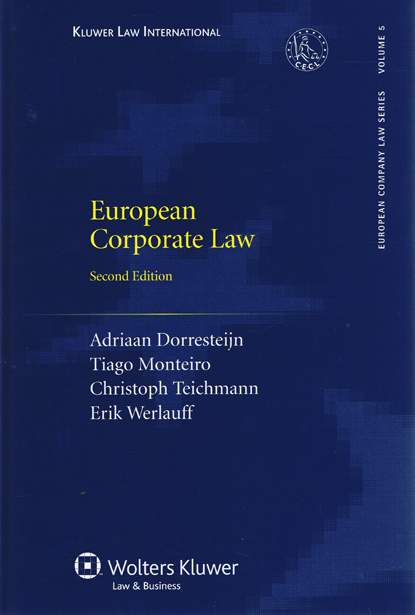
In the past few years, the European Commission and the European Court of Justice have each in their own way contributed to a resurgence of the harmonisation programme in corporate law. The Court’s trilogy of its Centros, Überseering and Inspire Art judgements have marked a fundamental policy switch regarding the right of establishment for companies and other legal entities. And, perhaps most significantly, the Commission is now encouraged to launch a draft Statute for a European Private Company which it is hoped will be a supranational business organisation as was originally envisaged for the SE. However, notwithstanding these developments, at the national level diversity is still the key word for those who try to understand corporate laws within the EU.
As in the First Edition (1995) of this well-known book, the authors demonstrate that analysis and comparison of national corporate laws on a number of issues yield highly valuable general principles and observations, not least because business organisations, wherever located, tend to show a fundamentally similar set of legal characteristics. To its original selection of six representative jurisdictions – Belgium, France, Germany, The Netherlands, Spain, and the United Kingdom – the Second Edition now adds Poland, thus including an Eastern European perspective to supplement those of continental Europe and the common law system of the UK. The book provides in-depth examination of the implications involved in such issues and trends as the following:
Noting a powerful trend to modernise company law in order to meet the cross-border needs of the European business community, this revised edition will continue to be of great value to practitioners and academics who wish to acquire a better understanding of European corporate law, in its supranational dimension as well as in the similarities and differences among the various national legal systems.